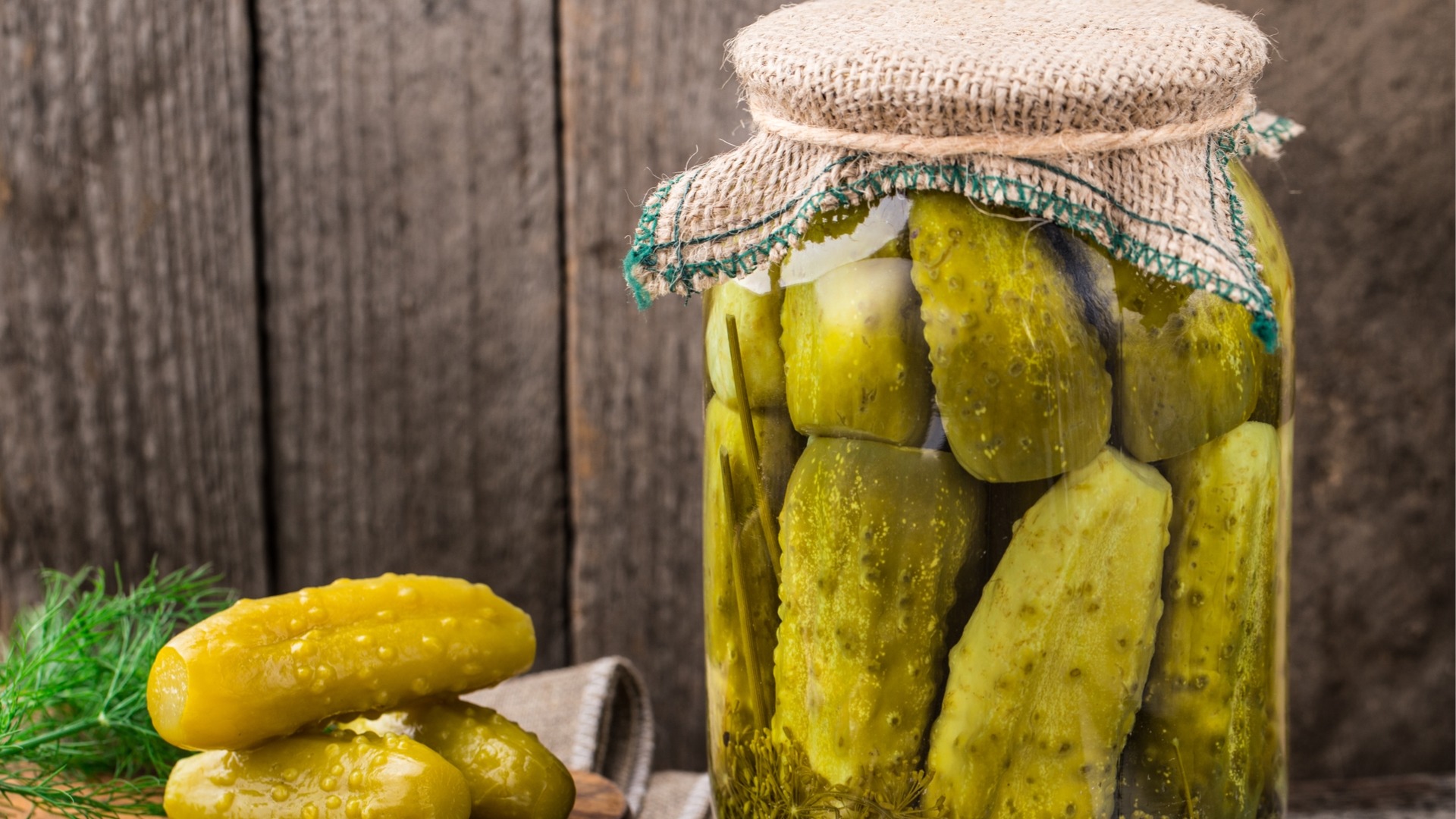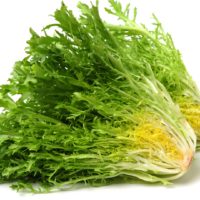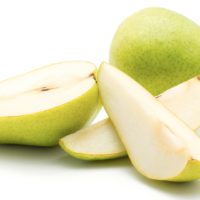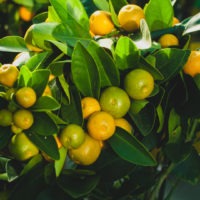![]()
WHAT IS A PICKLE?
The name describes both an ancient method of food preservation as well as the finished product. Today pickles are made by soaking fruits and vegetables like cucumbers in a vinegar or brine solution with various herbs and spices. Fermentation then occurs where microbial organisms already present on the skin consume sugar and convert it to acid. This continues, lowering the pH of the brine until it prevents the bacteria from further consumption. This type of food technology has been employed for thousands of years. In 2,000 B.C. for example the Romans used vinegar as well as honey or olive oil for pickling.
WHY ARE PICKLES GOOD FOR YOU?
Athletes have long used pickle juice to treat dehydration and prevent cramping. They’re rich in probiotics due to fermentation. So the pickle helps with your intestinal health. Also pickles are rich in anti-oxidants (beta carotene) which helps your body to process vitamin A. Pickles are naturally low in fat and protein.
WHEN ARE PICKLES IN SEASON?
As a preserved food that lasts for years, they’re technically in season year-round! However the traditional harvest for fruit and vegetables used for pickling is fall, and pickling takes at least several weeks after that.
HOW SHOULD PICKLES BE STORED?
Unopened the jars should be stored in a cool, dark cabinet or cellar at room temperature. Once opened, refrigerate the pickles to preserve them longer. This unique, crunchy vegetable is also a great last minute addtion to washed rind cheeses like raclette. To see how pickles are actually made click here for our recipe!
WHAT IS THE SLANG MEANING OF PICKLE?
The English word “pickle” is actually derived from a Dutch for something piquant. Today the slang term means to be in a difficult situation. However originally it meant specifically to be in a difficult state because of being drunk.




